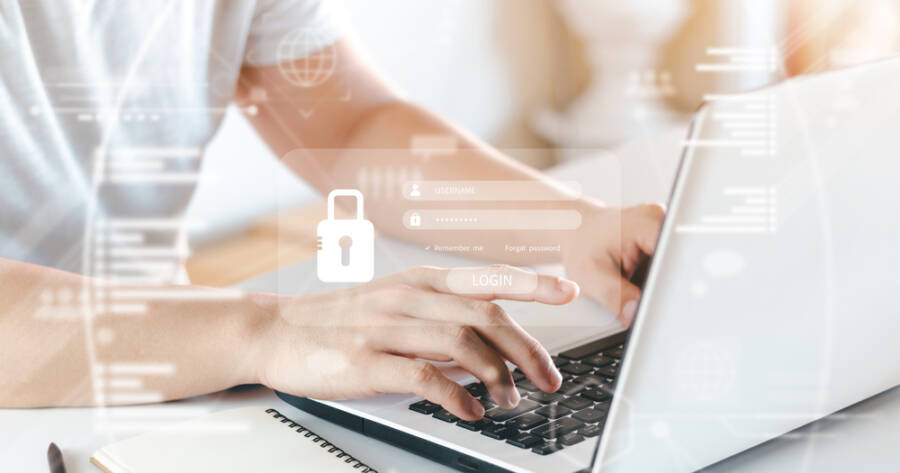In today’s digital age, maintaining privacy online is more challenging than ever. With constant data collection, targeted ads, and online tracking, it’s easy to feel like your personal information is out of your control. Fortunately, there are simple yet effective steps you can take to protect your privacy and stay safe while navigating the digital world. By being proactive and aware of your online activity, you can safeguard your data and maintain your digital well-being.
Use Strong, Unique Passwords for Every Account
One of the simplest and most effective ways to protect your online privacy is by using strong, unique passwords for each of your accounts. Avoid using easily guessable information, such as birthdays or common phrases, and instead, opt for a mix of uppercase and lowercase letters, numbers, and special characters. The longer and more complex the password, the harder it is for hackers to break.
Consider using a password manager to keep track of your passwords securely. This allows you to create and store complex passwords for each account without the need to remember them all. Enabling two-factor authentication (2FA) wherever possible further adds an extra layer of protection, making it significantly more difficult for unauthorized users to access your accounts.
Enable Two-Factor Authentication (2FA)
Two-factor authentication (2FA) is one of the best ways to protect your accounts from unauthorized access. This security feature requires two forms of identification: something you know (your password) and something you have (a code sent to your phone or email). Even if someone gains access to your password, they cannot log in without the second form of verification.
Many online services, including email providers, social media platforms, and banking apps, offer 2FA for added security. Setting up 2FA might take a few extra steps, but it significantly strengthens your defenses and makes it much harder for cybercriminals to infiltrate your accounts.
Be Mindful of Public Wi-Fi Networks
Public Wi-Fi networks, such as those in coffee shops, airports, or hotels, are convenient but pose significant risks to your online privacy. These networks are often not secure, making it easy for hackers to intercept your data and gain access to your personal information, such as passwords and credit card details.
To stay safe on public Wi-Fi, consider using a Virtual Private Network (VPN). A VPN encrypts your internet connection, masking your IP address and making it much harder for others to monitor your online activity. Avoid accessing sensitive information, such as bank accounts or shopping sites, when using public Wi-Fi, and if you must, ensure your VPN is activated.
Be Cautious with Social Media Sharing
Social media platforms are a goldmine of personal data, and oversharing on these sites can put your privacy at risk. Be mindful of what you post, and avoid sharing sensitive information such as your full address, phone number, or financial details. Even seemingly harmless details, like your vacation plans, can provide clues for hackers to exploit.
Review your privacy settings on social media accounts and limit who can see your posts and personal information. Many platforms allow you to set restrictions so that only approved friends or followers can view your content. Regularly audit these settings to ensure that you’re not sharing more than you intend.
Use Secure Websites and Avoid Phishing Scams
Always ensure that the websites you visit are secure, particularly when entering personal information or making purchases. Look for “https://” at the beginning of the URL and a padlock icon in the browser’s address bar, which indicates that the site encrypts your data. Avoid entering sensitive information on unsecured sites, as they are vulnerable to hacking.
Phishing scams are another common way hackers attempt to steal personal information. Be cautious when clicking on links in unsolicited emails or text messages, especially those asking you to verify account details or reset passwords. Always check the sender’s email address and hover over links to ensure they lead to the correct website before clicking.
Update Your Software Regularly
Keeping your software up to date is one of the most straightforward ways to protect your online privacy. Software updates often include security patches that fix vulnerabilities that hackers could exploit. Whether it’s your operating system, apps, or web browser, make sure to install updates as soon as they become available to keep your system secure.
Enable automatic updates on your devices and applications to ensure that you never miss an important security fix. By staying current with updates, you significantly reduce your risk of falling victim to malware or other cyber threats that could compromise your privacy.
Protecting Your Privacy: A Consistent Effort
Protecting your privacy online requires a combination of smart habits and the right tools. From using strong, unique passwords and enabling two-factor authentication to being cautious with social media sharing and software updates, small steps can add up to a significant improvement in your online security.
By being proactive and vigilant, you can navigate the digital world with confidence, knowing that your personal information is better protected from cyber threats. Stay informed, stay secure, and continue prioritizing your privacy every time you go online.

